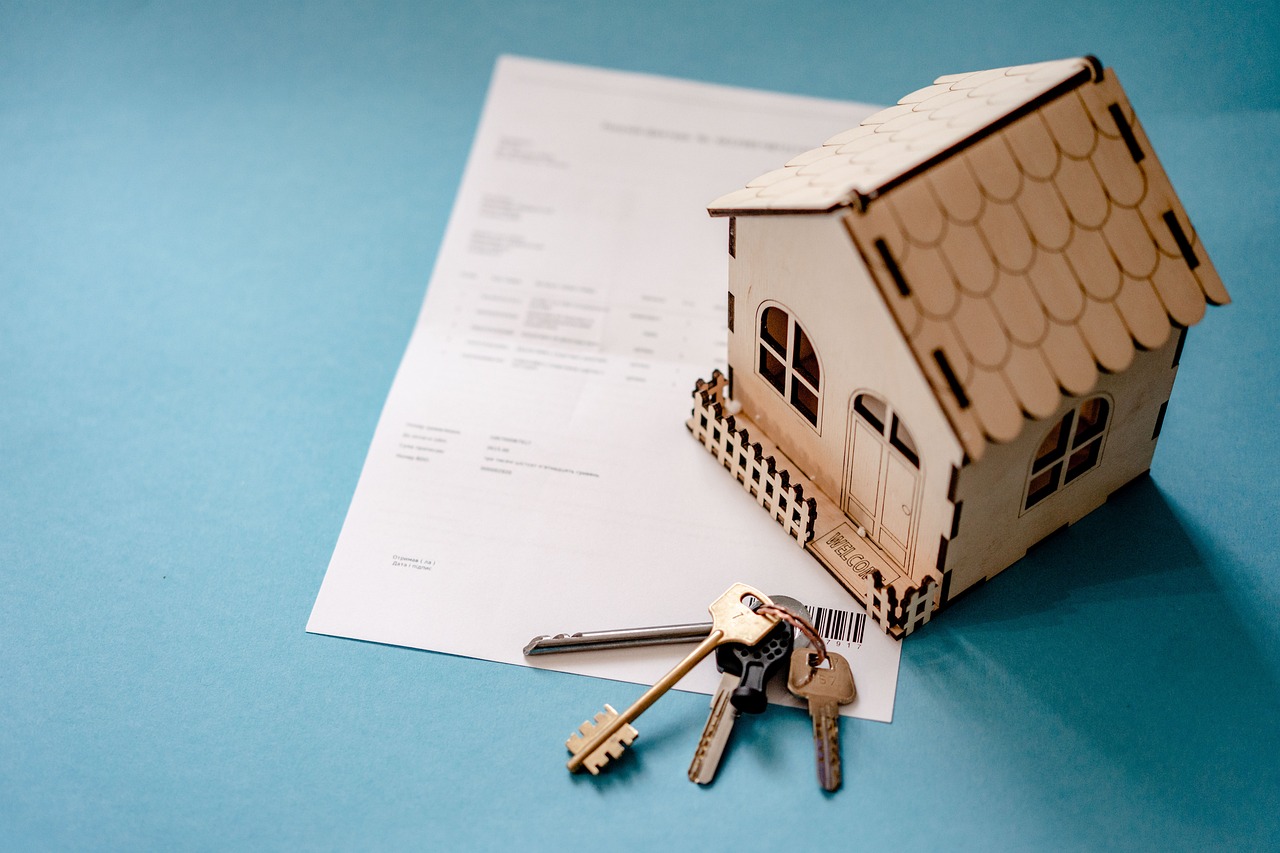When conducting a Property Valuation Abu Dhabi, professional surveyors consider multiple elements that influence real estate prices in the UAE capital. Understanding these key factors helps property owners, buyers, and investors make informed decisions in Abu Dhabi’s dynamic market. Here are the five most critical aspects that determine property values across residential and commercial sectors.
1. Location and Neighborhood Development
The location of a property remains the most significant factor in Property Valuation Abu Dhabi. Prime areas like Corniche, Saadiyat Island, and Al Reem Island command premium prices due to their waterfront access, proximity to business hubs, and high-end amenities. Emerging neighborhoods such as Yas Island and Al Maryah Island are gaining value due to new infrastructure projects. Proximity to schools, hospitals, metro stations, and shopping centers also enhances desirability. Conversely, properties near industrial zones or underdeveloped areas typically have lower valuations.
2. Property Condition and Maintenance History
A well-maintained property with modern finishes and functional systems receives higher valuations during a Property Valuation Abu Dhabi. Surveyors assess structural integrity, electrical and plumbing systems, and the quality of renovations. Older properties may require valuation adjustments for wear and tear unless recently refurbished. Luxury features like smart home technology, energy-efficient installations, and premium materials can significantly boost appraisal figures. Regular maintenance records provide documented proof of upkeep, supporting higher valuations.
3. Market Trends and Economic Factors
Abu Dhabi’s real estate market responds to broader economic conditions, including oil prices, tourism growth, and government policies. During periods of economic expansion, property values tend to rise, while recessions may lead to price corrections. The Abu Dhabi Urban Planning Council regularly introduces new regulations that affect zoning and development potential, directly impacting valuations. Investors should monitor supply-demand dynamics, as oversupply in certain segments can depress prices even in prime locations.
4. Comparable Sales and Recent Transactions
Valuation experts analyze recent sales of similar properties in the area when conducting a Property Valuation Abu Dhabi. These comparables (“comps”) help establish benchmarks for pricing based on square footage, bedroom count, views, and amenities. Unique properties with limited comparable sales require specialized appraisal methods. Commercial properties also consider rental yields and occupancy rates when determining value relative to nearby assets.
5. Future Development Plans and Infrastructure Projects
Upcoming infrastructure projects significantly influence property valuations in Abu Dhabi. Planned metro lines, new schools, or mixed-use developments can increase an area’s attractiveness and future value. Conversely, properties near proposed highways or construction sites may face temporary valuation discounts due to noise and disruption concerns. Investors should review the Abu Dhabi 2030 Urban Structure Framework Plan to identify growth areas that may appreciate over time.
Conclusion
A professional Property Valuation Abu Dhabi carefully weighs these five factors to determine fair market value. Whether you’re buying, selling, or refinancing, understanding these elements helps you anticipate valuation outcomes and negotiate effectively. For the most accurate appraisal, consult RICS-certified surveyors with local market expertise who can provide data-driven insights tailored to Abu Dhabi’s unique real estate landscape.
